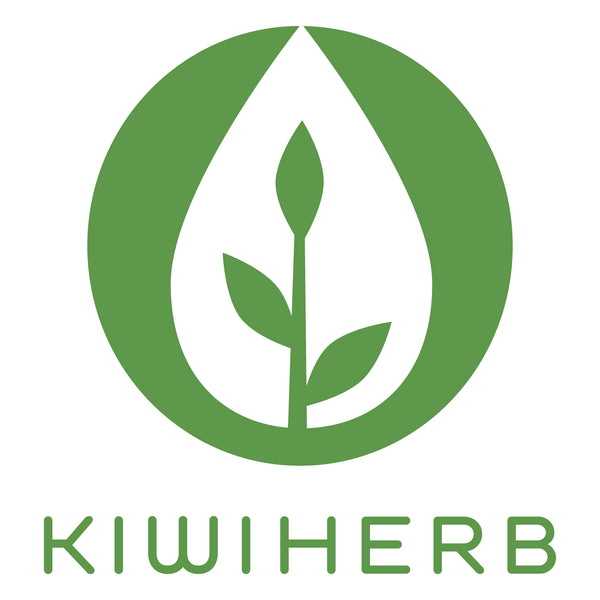Quercetin

What is Quercetin?
Quercetin is a flavonoid, more specifically a flavonol, that is naturally present in many herbs, fruits, and vegetables. This includes Brassica vegetables, onions, lettuce, apples, and Green tea (Camellia sinensis).
Many medicinal herbs also have quercetin as a naturally occurring component. There is significant content in Elderberry (Sambucus nigra), Fennel (Foeniculum vulgare), Juniper (Juniperus communis), and Withania (Withania somnifera). Flavonoids play essential roles in plants, such as protecting against oxidative stress, acting as pigments, and participating in the plant’s defence mechanisms, often responsible for the vibrant colours. They are synthesised mainly by plants as secondary metabolites.
Flavonoids have been studied for their potential health benefits, including antioxidant properties, anti-inflammatory effects, cardiovascular health and brain health.
What does Quercetin do?
Seasonal allergens
Quercetin can work to calm overactive immune responses to seasonal pollens and support the body’s histamine response. This encourages clearer airways, lessens nasal congestion, and eases respiratory discomfort. Quercetin achieves this by modulating immune cells, such as mast cells and basophils.
When the body is exposed to irritants, it can launch a powerful chemical response to clear them out, fast. This results in runny eyes and noses and coughing to expel these substances from the body. Congestion, wheezing, and chest tightness then restrict the ability of these irritants to move any further into circulation.
While these protective mechanisms are incredibly important, overactive responses can be challenging. Quercetin acts to lower the intensity of these immune responses, to ensure that the body is functioning in a healthy way.
Immunity
In a similar manner, Quercetin can support immune defences when faced with winter bugs, or pathogens.
It does this by lowering oxidative stress, a form of cell damage caused by free radicals. Quercetin also protects healthy cells from being harmed by immune cell chemicals, by calming overactive responses.
The replication of bugs is another factor in the severity of illness. Clinical research has shown Quercetin to slow pathogen reproduction, enabling the immune system to manage infections and return the body to health.
These actions assist the body to form a suitable immune response to bugs, while mitigating some of the harm to healthy cells.

Stress
The ability for Quercetin to support the stress response is important in managing overall wellbeing.
Psychological stress can cause cellular damage and change how signals in the brain are communicated. When this occurs, neurotransmissions (chemical messages) can change, influencing feelings of tension, pressure, and symptoms of brain fog.
When this is a short-term response, the body can rebalance and relax. If stress is ongoing, or chronic, it can be harder to return to a balanced state.
Quercetin can help to re-establish calm by counteracting oxidative stress in brain regions, and by increasing the presence of feel-good hormones like serotonin. It can also work to prevent strong stress response when taken over longer periods.
These protective actions further support neuron and overall brain tissue health.
Exercise
The effects of Quercetin on maintaining healthy cells also lends to it being a suitable support for high-intensity exercise through its anti-inflammatory properties.
Although exercise is beneficial for the body in many ways, it also triggers physical stress and potentially harmful chemical releases. The body is capable of managing this, and the benefits of exercise are predominant.
Quercetin can serve to mitigate some of the side effects, however, including delayed onset muscle soreness. It may also help to prevent muscle damage and can decrease pain signals.
Quercetin further improves energy regulation by interacting with mitochondria, supporting endurance and reducing fatigue.
Kiwiherb products containing Quercetin
Speedy Recovery combines AP Bio® with Quercetin, Vitamin D3 and zinc for fast-acting, potent immune support. Speedy Recovery encourages and supports:
- Respiratory health and easy breathing
- Immune recovery
- Temperature balance
- Mucus clearance
- Reduced brain fog
- Restorative sleep
- Muscle stress and fatigue

